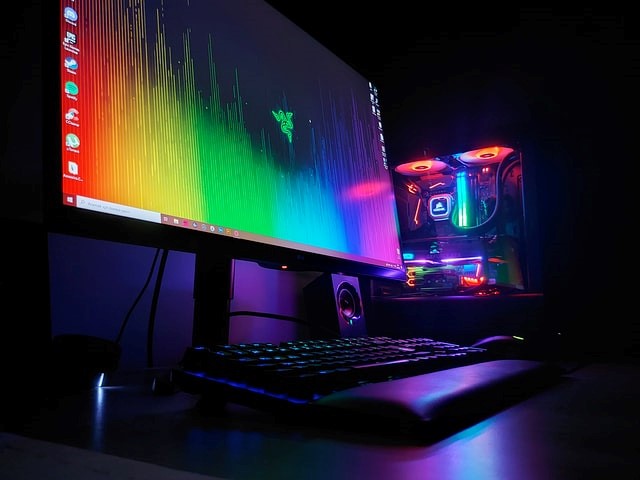In today’s fast-paced, digital world, education is evolving at an unprecedented rate. Traditional methods of teaching and learning are being augmented by technology in ways we could have only dreamt of a few decades ago. One of the most significant disruptors in this space is video games. Video games are not just a form of entertainment; they are a powerful educational tool that is transforming the way we acquire knowledge and develop skills. In this article, we will explore how video games are changing the face of education.
The Gamification of Education
The concept of “gamification” has gained immense popularity in recent years. It involves applying game-like elements and principles to non-gaming contexts, such as education. This approach has the potential to make learning more engaging and effective. Here’s how video games are achieving this:
1. Learning through Play
Video games excel at making learning fun. They turn complex subjects into interactive experiences, which can be particularly beneficial for younger students. For example, math problems in a textbook become exciting challenges in a math-themed video game. This approach not only makes learning more enjoyable but also enhances comprehension and retention.
2. Problem-Solving and Critical Thinking
Many video games require players to solve puzzles, make decisions, and think critically. These cognitive skills are invaluable for academic and real-world success. Students who regularly engage with video games tend to develop better problem-solving abilities and enhanced critical thinking.
3. Instant Feedback and Progress Tracking
Video games offer immediate feedback. Players know if they succeeded or failed, which encourages them to try again and improve. This instant feedback mechanism can be applied in educational software, allowing students to track their progress and identify areas where they need improvement.
Educational Games and Their Impact
Educational games are explicitly designed to teach various subjects and skills. These games range from language learning apps to simulations of historical events. Here are some notable ways educational games are changing the education landscape:
1. Accessibility
Educational games are accessible to a wide range of learners. They can be customized to suit individual needs and learning styles, making them an inclusive tool for educators.
2. Engagement
Students are more likely to stay engaged when learning through games. The interactivity and rewards built into these games encourage students to invest more time in their studies.
3. Real-World Application
Many educational games simulate real-world scenarios. For example, a physics simulation game can help students understand the laws of motion and their practical applications. This kind of experiential learning is invaluable.

Video Games in Higher Education
It’s not just elementary and high schools that are incorporating video games into their curriculum. Higher education institutions are also recognizing the benefits of this approach. Gamification has found its way into college classrooms and online courses. Here’s how:
1. Interactive Lectures
Professors are using gamification techniques to make their lectures more interactive. This keeps students engaged and encourages active participation.
2. Virtual Laboratories
In fields like science and engineering, virtual laboratories offer students the opportunity to experiment and learn in a safe and controlled environment. This approach reduces the cost and risk associated with physical laboratories.
3. Skill Development
Video games can be used to teach practical skills. For instance, business students can use business simulation games to practice decision-making and learn about market dynamics.
Preparing for the Future
The integration of video games into education is not without its challenges. Concerns about screen time and the potential for addiction are valid. However, when used in moderation and with proper guidance, video games can be a valuable educational tool. If you found this article interesting about gaming, it is very likely you will enjoy further reading at https://www.internetkirikkale.com/.
As technology continues to advance, it’s essential for educators to adapt and embrace innovative methods of teaching. Video games offer a unique and effective way to engage students and prepare them for the demands of the 21st century. By harnessing the power of gaming, we can create a generation of learners who are not only knowledgeable but also equipped with the problem-solving and critical-thinking skills necessary for a rapidly evolving world.





